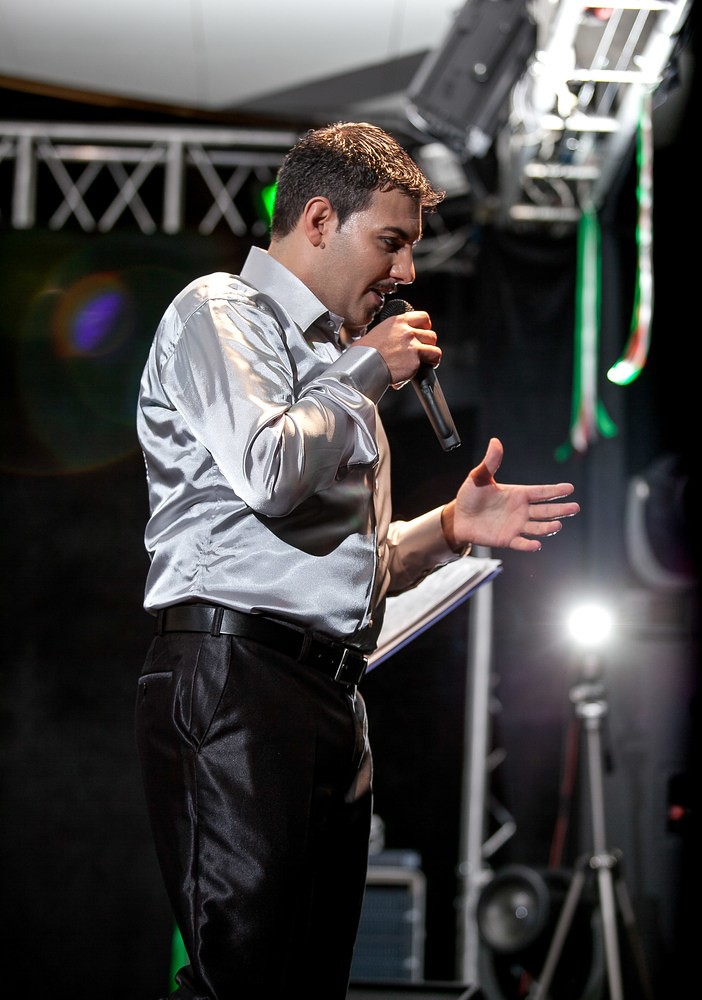
–The Musician’s Way, p. 177
One of the most effective ways for us to connect with audiences is to speak engagingly yet briefly about the music we perform.
Problem is, lots of musicians neglect the verbal aspects of their performances and, as a result, fail to make the impacts they hope for.
Given the glut of public speaking advice already available, I thought I’d approach this topic from a different direction.
Here, then, are 10 lighthearted ideas for how not to speak from the stage, which I offer as both a list of habits to avoid and to illustrate the importance of positive on-stage practices.
How Not to Talk to Audiences
1. Lecture about composer biographies
Rather than connecting people to the soul of the music, focus on a composer’s birth year, education, and publisher.
2. Mumble in monotone
Sedate your listeners with an expressionless porridge of words.
3. Refuse amplification
Speak quietly so that no one can fathom what you say.
4. Include untranslated foreign phrases
Help people feel ignorant and uninformed.
5. Avoid making eye contact
Look down or stare into space – people love it when performers come across as bored or aloof.
6. Adopt lifeless body language
Slouch drearily and eliminate gestures.
7. Begin without any notion of what you’ll say
Why prepare captivating remarks when you can be tiresome?
8. Spew words at top speed
Unleash rapid-fire syllables that blur comprehension and ratchet up your nerves.
9. Pontificate at length
Before each tune, sermonize about alluring topics such as compositional structure.
10. Skip thanking your hosts and fans
Neglect the people who support you. They’ll understand.
Want to take command on stage? See The Musician’s Way for comprehensive strategies. Read reviews.
Related posts
The Centered Performer
Practicing Performance
Projecting Ease
Speaking from the Stage
Through the Stage Door
© 2014 Gerald Klickstein
Photo © kryzhov, licensed from Shutterstock.com

